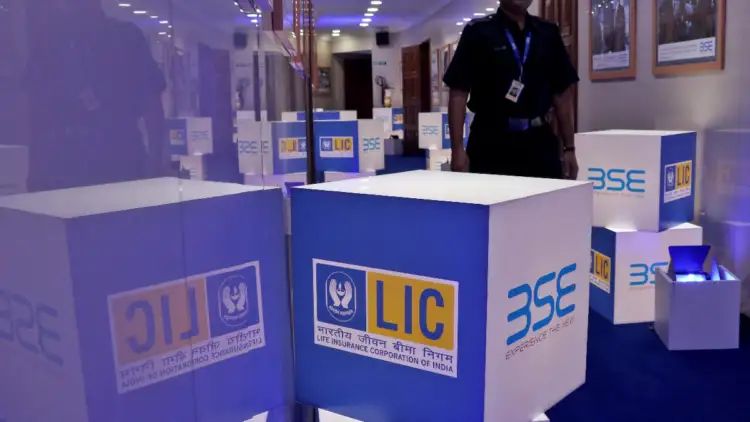Union Budget: Healthcare leaders call for scaling up infra, medical tourism & tax reforms

New Delhi, July 15 (IANS) Prioritising and scaling up investment, infrastructure, medical tourism, and tax reforms will be key to creating a new ecosystem that can support the nation’s ambitious healthcare goals, said experts on Monday, ahead of the Union Budget 2024-25.
Finance Minister Nirmala Sitharaman is expected to present the Union Budget 2024 on July 23. While the interim budget in February has provided a roadmap, the journey toward transforming the entire healthcare landscape requires a comprehensive and concerted effort.
Speaking to IANS, Sugandh Ahluwalia, Chief Strategy Officer, Indian Spinal Injuries Centre (ISIC), New Delhi, said that a key expectation from the upcoming budget “is the reclassification of hospitals as infrastructure investments”.
“This reclassification can attract significant private sector investment, which is essential for building state-of-the-art healthcare facilities. In addition, extending interest rate subvention for medical equipment can alleviate financial burdens on hospitals, enabling them to upgrade their technology and improve service delivery,” said Ahluwalia.
During the interim budget, the government had announced widening the coverage by including Anganwadi and ASHA workers. The experts urged the government to further widen the coverage by including the excluded self-employed, seniors above 70 years old, and other weaker groups.
“This initiative is expected to go a long way in dealing with the acute shortage of doctors in India, especially in underserved areas,” Alok Khanna, Head Marketing and Branding Officer at Medanta Lucknow, told IANS. He also called on to “equip new medical colleges with state-of-the-art facilities and experienced faculty”.
“The government needs to pay attention to attract young doctors to work in tier II and III cities and rural areas to break the rural-urban divide and make quality care more accessible,” he added.
Further, the experts lauded the announcement of a cervical cancer vaccination programme in the interim budget as a positive move.
“It is promising to note that the government plans to promote vaccination for girls aged 9 to 14 to prevent cervical cancer. However, to maximise the impact of this programme, it is essential to ensure widespread awareness and accessibility,” Dr Ajay Kohli, Group Head, Oncology and Director, Corporate Growth Initiatives North and Narayana Hospital Gurugram, told IANS.
Stakeholders also called for increasing policy support for medical tourism — a significant foreign exchange earner.
“If we have to offer world-class and cost-effective treatment and care to patients even from the US, UK, and Europe, the government needs to take up the issue of flying time restrictions beyond certain hours through diplomatic channels. Cross-border partnerships can further promote medical value travel,” Baldev Raj, Founder and Chief, Prius Brand and Business Partners, told IANS.
He also stressed further pushing public-private partnerships (PPP) for “effective collaboration, hassle-free visas, advanced medical technology, knowledge exchange, and incentivised packages”.
The experts also urged the government to focus significantly on pharma and the diagnostics sector to further strengthen India’s status as a global leader in the healthcare industry.
“The sector needs a major boost in terms of quality innovation and research which has been considered a weak link for the Indian healthcare industry. Expanding healthcare facilities and centres through the PPP model and innovative investment models to resolve issues like resource crunch in the public health system and increase access and outreach is important,” Nilaya Varma, Co-founder and CEO, Primus Partners told IANS.
Chronic diseases, building climate-resilient health structures, and the one health policy may be some of the other critical areas to target, he said.
–IANS
rvt/vd





